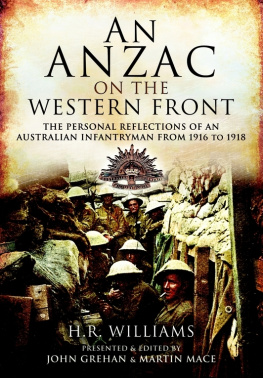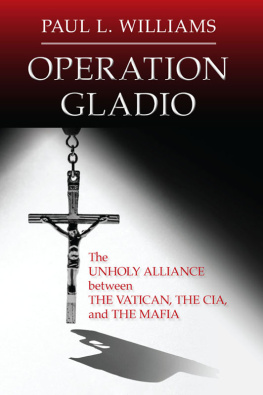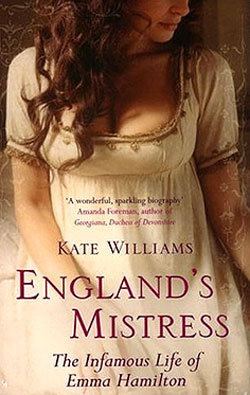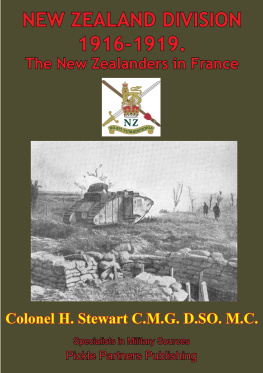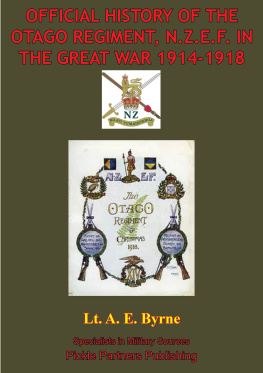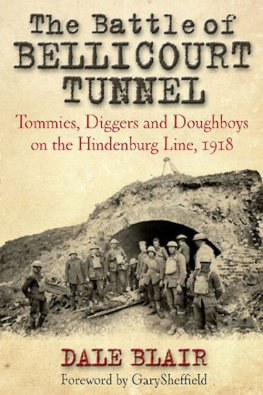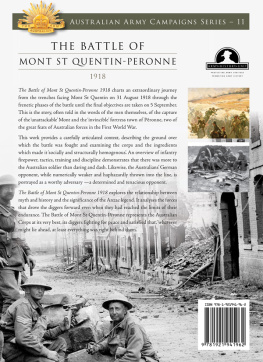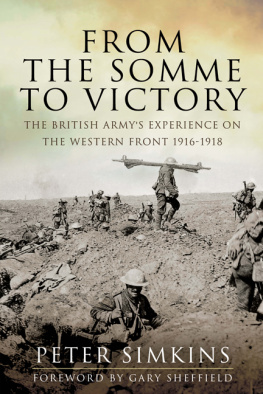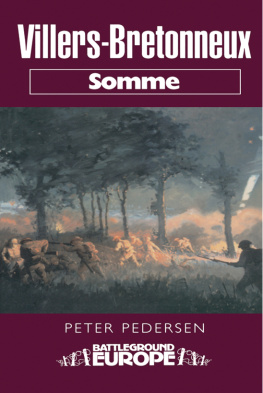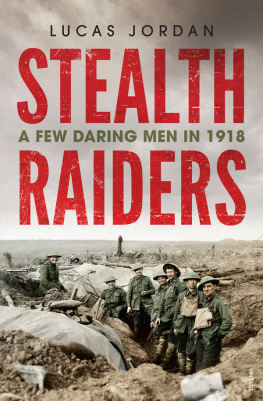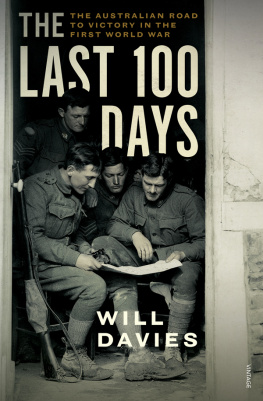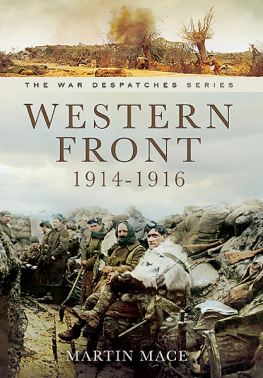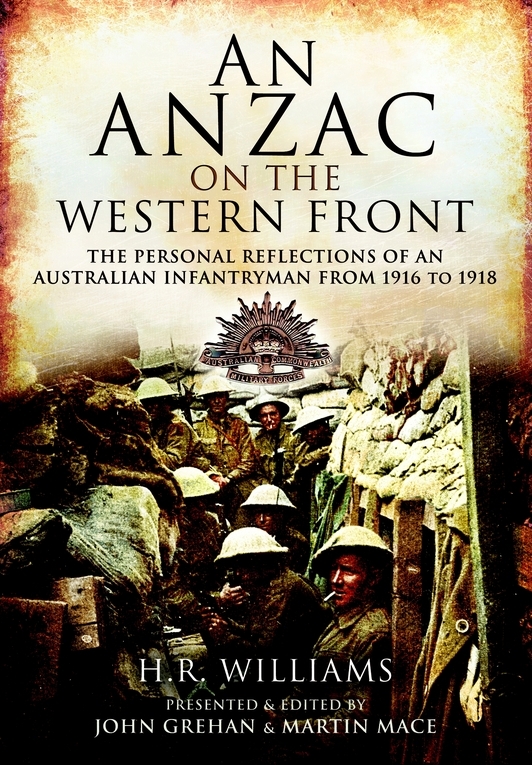Chapter 1
From Liverpool to Cairo
Enlistment The transport Argyllshire Egypt The beggars
Zietoun Camp Scenes in Cairo The training battalion at Heliopolis
D Company The Tigers and the Cairo picket
Formation of 56th Battalion.
(1 November 1915 to 31 October 1916)
I enlisted on Sunday morning, 18 July 1915. Until the landing of the Australian troops on Gallipoli the war seemed a remote happening outside the sphere of my life. But the tale of the landing brought it home to me as something material and intimate; the names of men I had known swelled the casualty lists.
Enlisting with me were four pals, Ben Brodie, Jimmy Sowter, Harry Lucas and Fred Fyall. We four volunteered for the Infantry, this being the arm which figured largely in the Press reports of the fighting. We began training at Liverpool camp on 2 August. One looks back on what was called training there with faint amusement. Still, those were days when men were shipped overseas as fast as transports became available, and the facilities for turning out well-trained troops from Liverpool camp simply did not exist.
We spent several weeks there, and then the training company formed the 5th Reinforcements of the 20th Battalion O.C., Lieutenant (Joe) Campling, and Lieutenant OHalloran second in command and we marched out for embarkation in the transport Argyllshire at Woolloomooloo on 30 September. My pal Ben, who was staying behind to go through an officers school, carried some of my kit out for me. Day was just breaking when we moved out of camp. Ben gripped my hand very tightly. Look after yourself, Dick, I will soon be over there with you. Many things happened before we met again.
The sea passage to Egypt was without special incident. Boxing-matches were made parades to prevent our body muscles from softening, and against the feet-relaxing effect of deck shoes we had to spend some hours each day in wearing our military boots. Excitement mounted as we neared Egypt, and we anchored in the Bay of Suez early on 30 October.
We were astir at daybreak. It was a queer feeling to gaze at the brown barren shore with great hungry treeless hills rising up from the bay. The water shimmered in the heat and the light was so strong that one almost imagined that the hills could be touched by leaning over the rail of the ship. The distance from shore was not realized until a train looking like a toy could be seen moving away from what appeared to be a wharf.
So this was the long-talked of Egypt! It filled one with a kind of awe, as though the body of dead and gone yesterday were laid out for view. It seemed to jeer at our most dearly prized achievements, firm in the knowledge that it would see the passing of the great nations of today, as of all that had been famous in the centuries gone by.
We had been warned to keep the bum-boats away from the ship, and when one came alongside selling newspapers it was driven off with a deck-hose. As the day wore on, the real thieving pedlars hung round in their boats, holding up to the mens gaze all sorts of nicknacks to try to induce trade. One old sinner was lured alongside by Joe and well hosed down by the O.C. himself. The bum-boat beat a hasty retreat, and from a safe distance its owner traced our pedigrees back to the Stone Age; according to the occupant not one of them was even respectable. Between these diversions and the work of handing in and checking ships stores and a general clean-up on board we spent the day.
Next morning at 9 a.m. we were alongside the wharf. As batches of troops were disembarked they were formed up and marched to the waiting trains. Seemingly all the native population was on the wharf to gather baksheesh. The Egyptian police (looking as hot as hell in their uniforms) had a real gala day caning small urchins and adult cadgers who had the audacity to approach the side of the ship. Most of the beggars managed to get a suit of dungarees. All the old clothes which they collected were donned immediately. One filthy-looking beggar paraded in three pairs of trousers and a red shirt that was worn very full, the tail of which flogged the back of his knees with every stride. We yelled with laughter when this enterprising fellow was chased and well caned by a nimble policeman.
My detachment filed down the gangway late in the afternoon. We entrained in third-class carriages, the roughest in appearance I have ever seen. The seats were of unrelieved wood; the windows were without glass and looked as if they had been hewn out with a tomahawk. The smell of unwashed persons hung about heavily.
Before we started the swarm of beggars moved from the ship side to the train imploring baksheesh. Some of the filthy children strengthened their appeal by saying: No favver, no muvver, poor little bastard, gibbit baksheesh. One unfortunate little chap was horribly deformed, a deal filthier than the rest, and got over the ground on all fours like an animal. He scored well from the troops, notwithstanding that a band of small urchins warned us that he was a bloody German. As we steamed out the more able-bodied ran alongside the train, so long as they thought there was a chance of having something useful thrown to them.
The train soon ran out into the barren, brown desert. For miles the only sign of life would be a small encampment of Indian cavalry, patrolling the line. Occasionally we would pass areas that were part of an irrigation scheme, where green foliage contrasted strongly with the gauntness of the desert. Eventually after nightfall we reached a town of some size, known as Zagazig. Here the carriages were besieged by more locals selling fruit, Eggs a cook, Cakes a Cairo, sherbet, cigarettes.
Of course, a lot of our chaps would buy. One gave a hawker a sovereign; the trader went to get change, and must have found it difficult he had not returned when the train pulled out. One enterprising youth staggered into our carriage with a huge melon. Some of our crowd bought it at a job price. The melon was cut and proved to be of the pie variety.
Each of the purchasers armed themselves with a piece and did not have long to wait for their revenge. A massive local, with the front of his robe bulging with oranges, bustled into the carriage crying Oringes, two for a arf. He was allowed to get well into the centre of the carriage before the bombardment opened upon him. He tried to bolt through, but was collared low, upset, his legs held high in the air so that his oranges ran out of his blouse, and then bundled out on the platform into a wailing mass of humanity.
Our train pulled into a siding about 11 p.m. We scrambled into our equipment, and fell in under floodlights. We marched off under the direction of guides along a good road, on both sides of which were military depots and headquarters. Where the road branched to the left was a large guard tent with the flaps folded up, from the darkness of which Australian voices hailed us asking whence we had come. After exchanging a few pleasantries with these voices we found ourselves before our quarters, large huts made of reed matting. We were in Zietoun Camp, outside Cairo.
Zeitoun was a large camp of Australian and New Zealand troops of all arms. Some were housed in low huts composed of reed matting, but many in the regulation bell tents. On the opposite side of the road from us were artillery, Light Horse, and A.S.C. detachments. The majority of the men in the infantry camp were reinforcements, with a number of details, men from the battalions just discharged from hospital, clink, etc., and awaiting drafts back to their units. Mess huts with long tables and forms had been erected. To the rear of these were the rough cook-houses, and at intervals further back, were shower-baths, and long washing-places. Much further to the rear again were the latrines and incinerators. The cook-houses had iron roofs but no sides, and the food was cooked in open dixies over shallow fire trenches. This was a very bad arrangement, on account of the sand which found its way into the food during the process of cooking.

